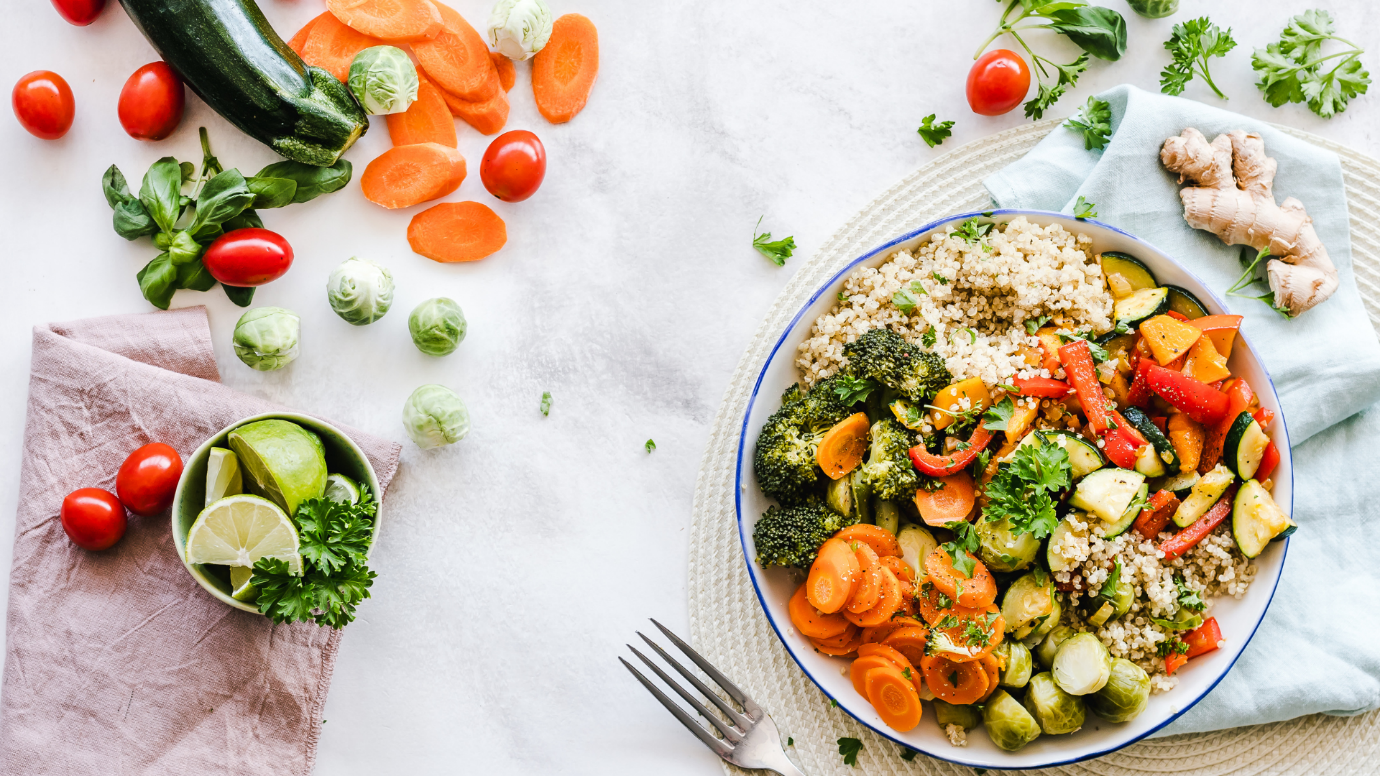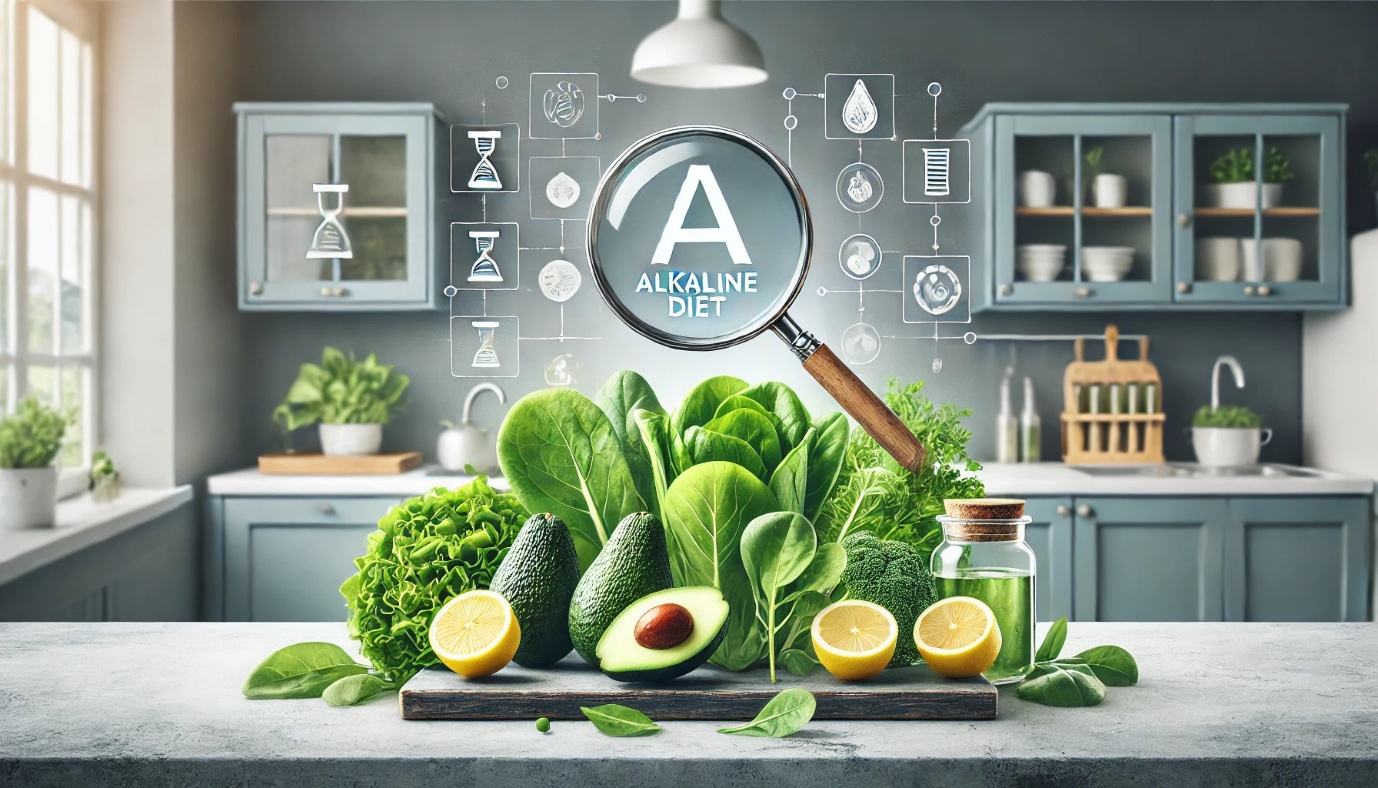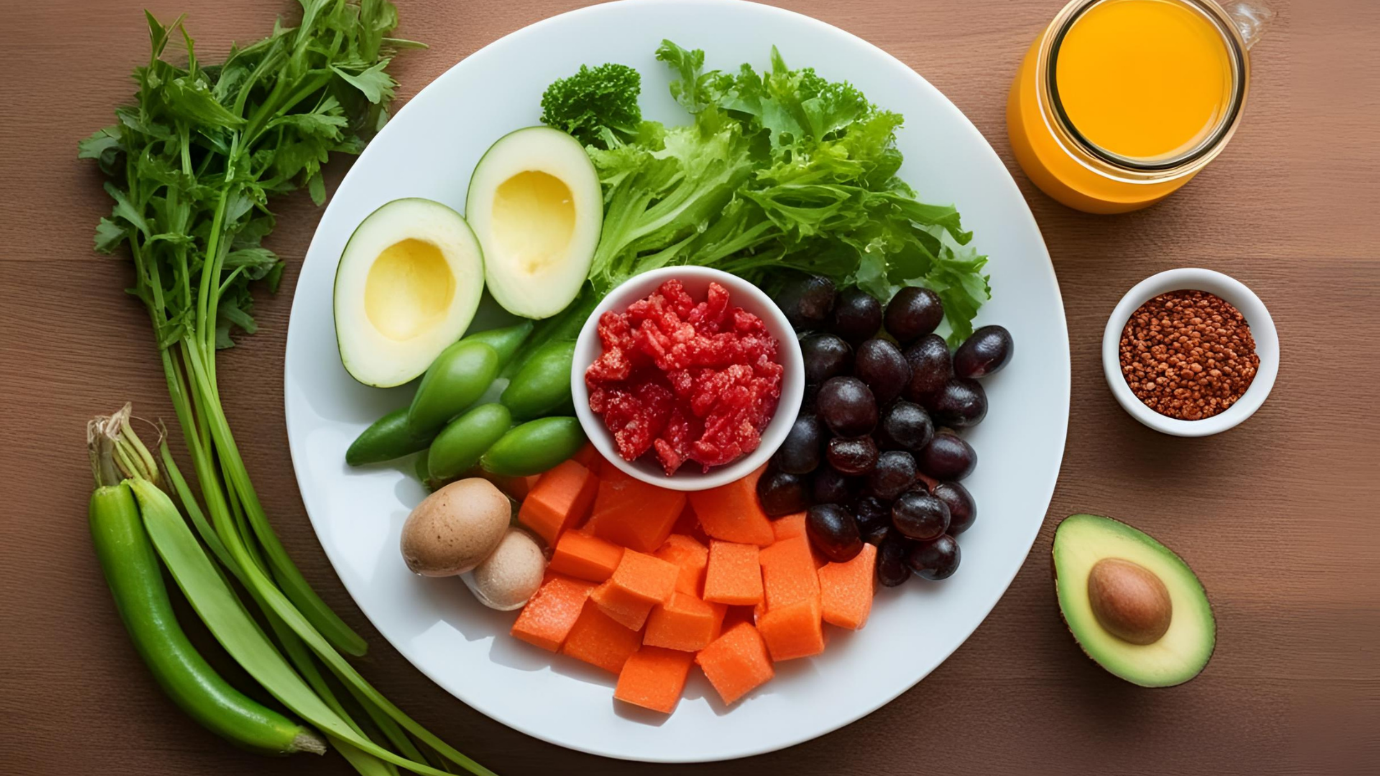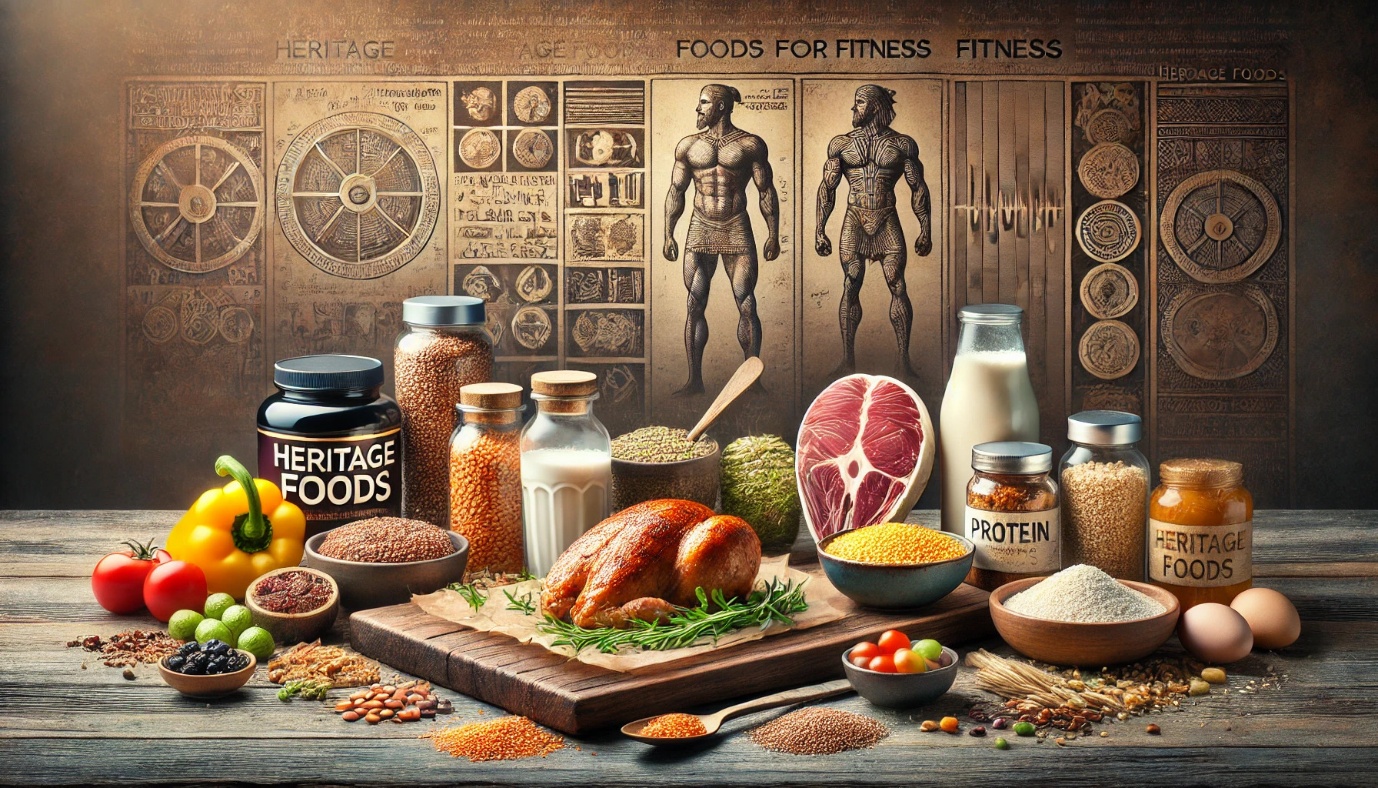The continuous conflicting food-related information makes you tired, right? Of course!
In the present day, we receive an overflow of dietary tips which leave us with mixed feelings, through social media as well as talking with our relatives and friends.
But, do not fall victim to the belief that all diet information in print or media is correct. Scientific research has shown that most of the so-called “diet and nutrition rules” are just lies.
This blog post is here to help you make informed food choices by exposing and explaining some diet and nutrition fallacies!
Carbs are bad
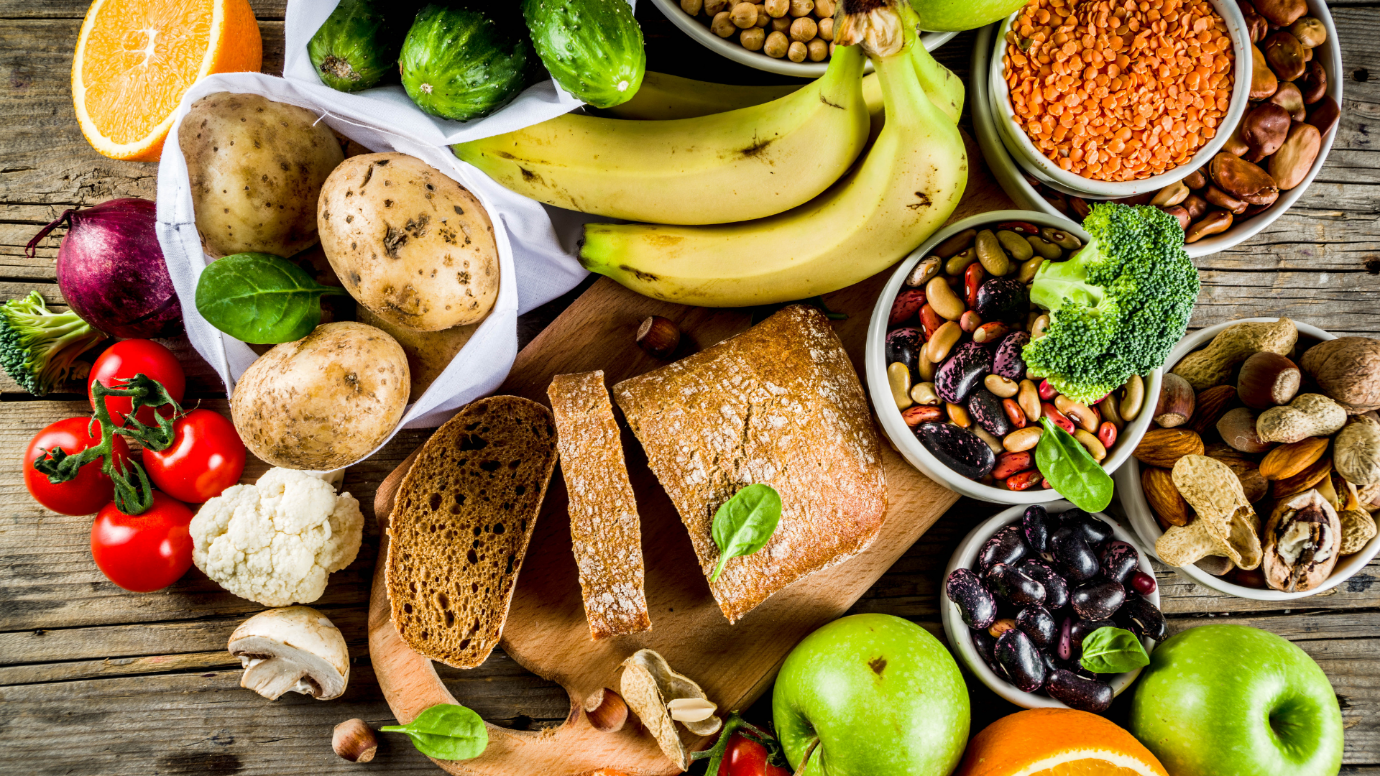
Carbs have developed quite the bad reputation in recent times. Many people believe all carbs are unhealthy and should be steered clear of at all costs.
But here’s the thing: Carbohydrates are really important because they give us energy— both for our body and brain.
It’s just that some sources of carbohydrate are better for overall health than others; for example opting for whole-grain foods, fruit, and vegetables over refined products such as sweets or white bread!
Everyone should follow a gluten-free diet
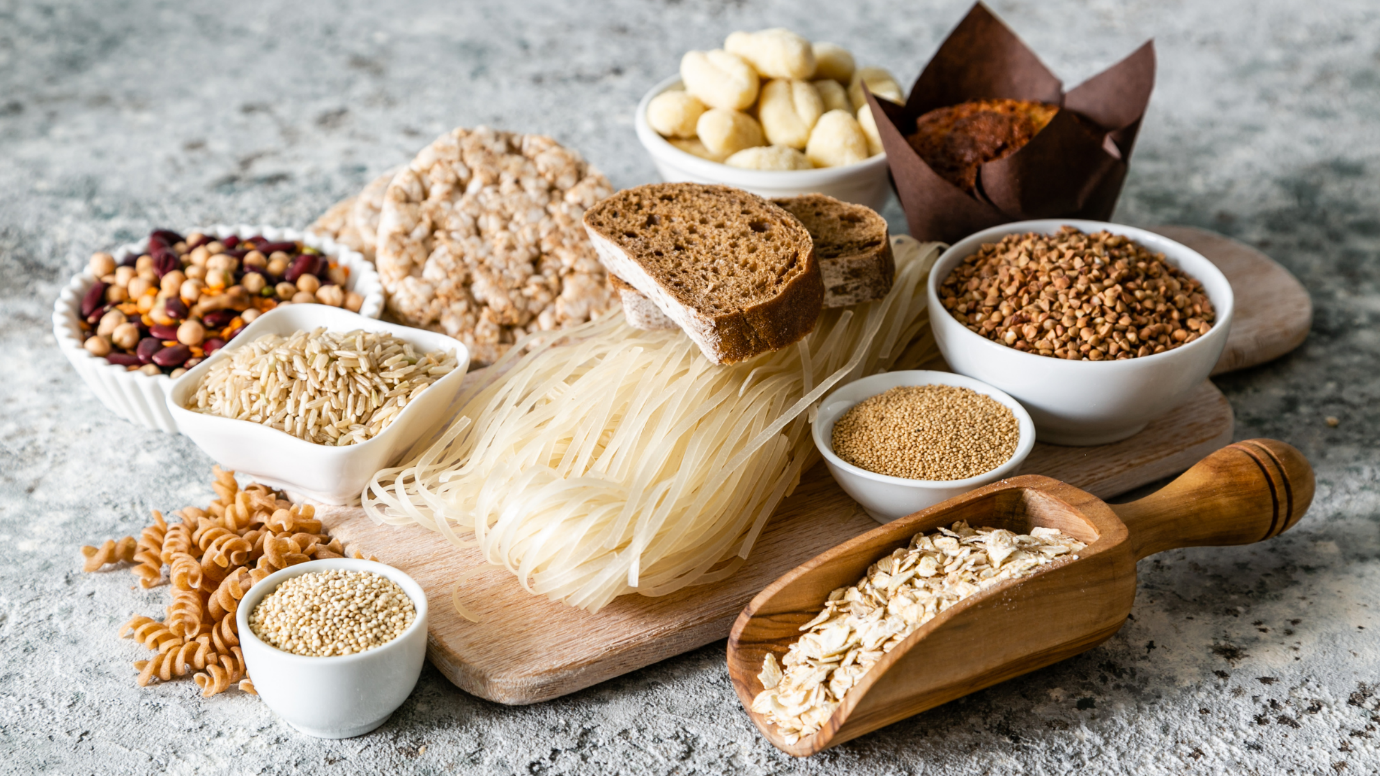
The gluten-free diet is considered necessary for all by the majority. However, only people with celiac disease or gluten sensitivity require it; otherwise, gluten-containing foods are fine for most individuals.
Indeed, whole grains that include gluten have nutrients you need— such as fibre and B vitamins. And one drawback of gluten-free products is that they often contain more sugar and salt than the same type of product with gluten.
Skipping breakfast promotes weight gain
Skipping breakfast has been thought to cause weight gain for years, but there is no proof of this link.
Eating a good breakfast will regulate hunger all day and prevent cravings for unhealthy snacks. Nevertheless, one should listen to their bodies; skipping breakfast is fine if one is not hungry.
And if you do eat breakfast, opt for nutritious foods like oatmeal and berries rather than doughnuts or sugary cereals.
Fat makes you fat
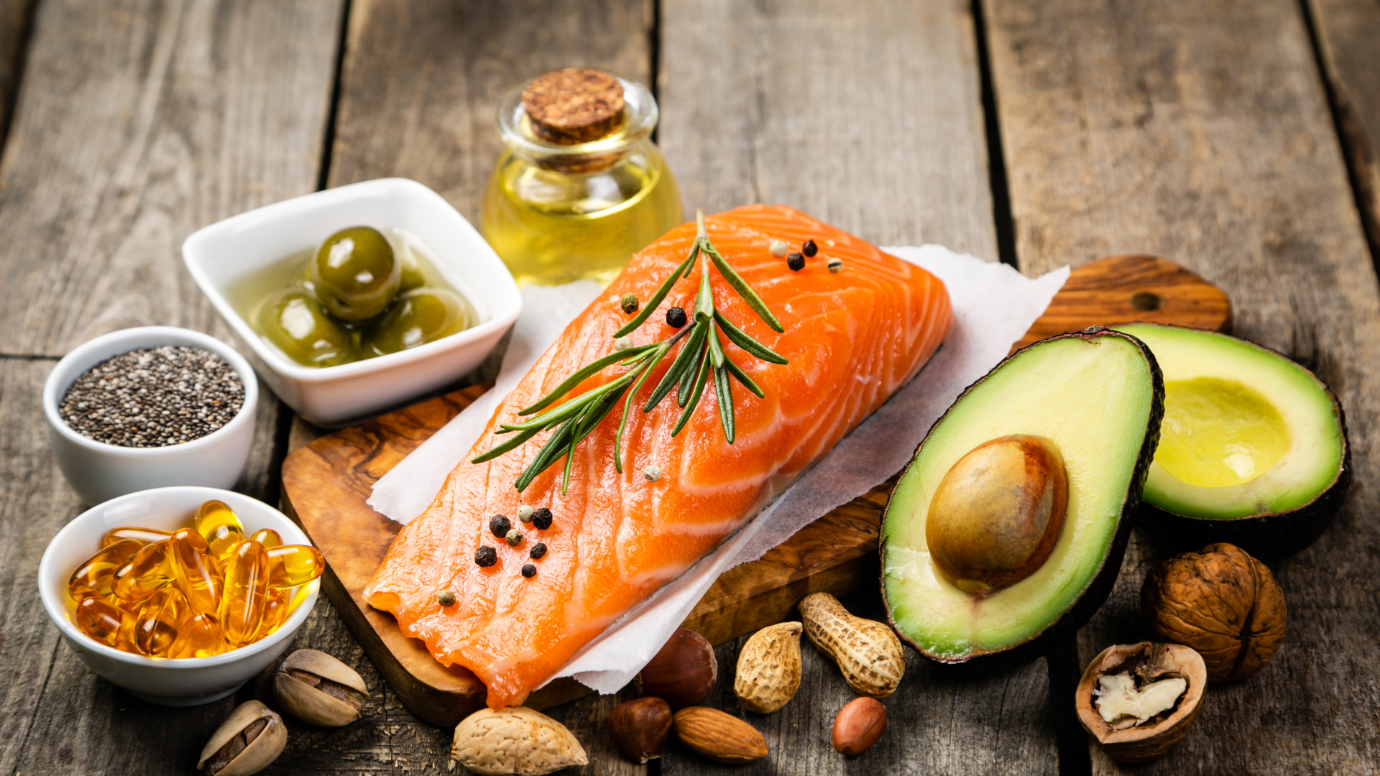
There is a misconception that by eating fats, we will get fat. But it’s not true!
We need these nutrients– which are present in foods such as avocados and nuts; olives and olive oil; also fish– for our bodies to work well.
Weight gain only happens if we take in more calories than we use up: this can be from any kind of food, not only fat!
Detox diets are necessary
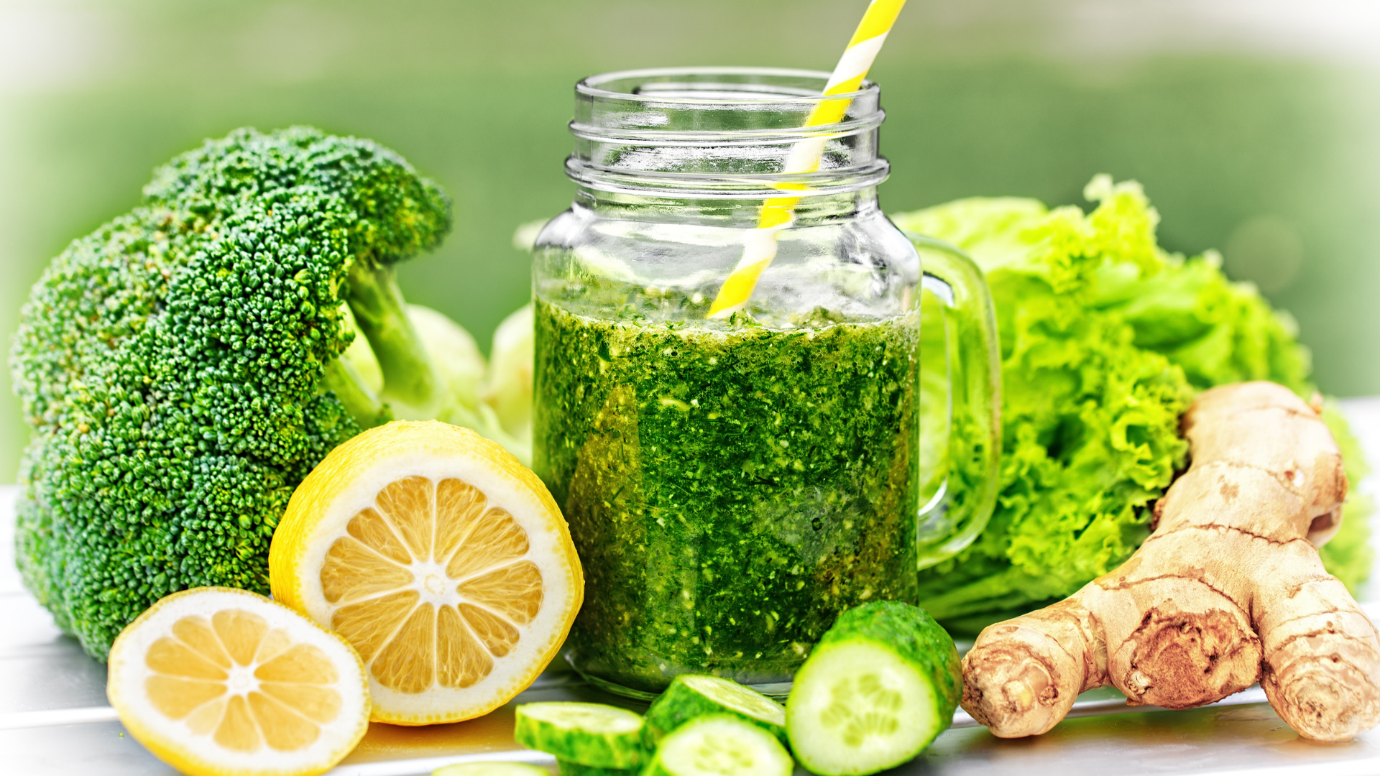
Many people mistakenly believe that they must detox or cleanse their bodies on a monthly basis.
This is not true: human biology enables us to rid toxins every day through our kidneys, liver and intestines.
Rather than waste money on costly cleansing products, you can help your body do a better job simply by eating more wholefoods and cutting out processed junk.
Concentrate on making healthy food choices instead— and save cash!
All protein sources are equal
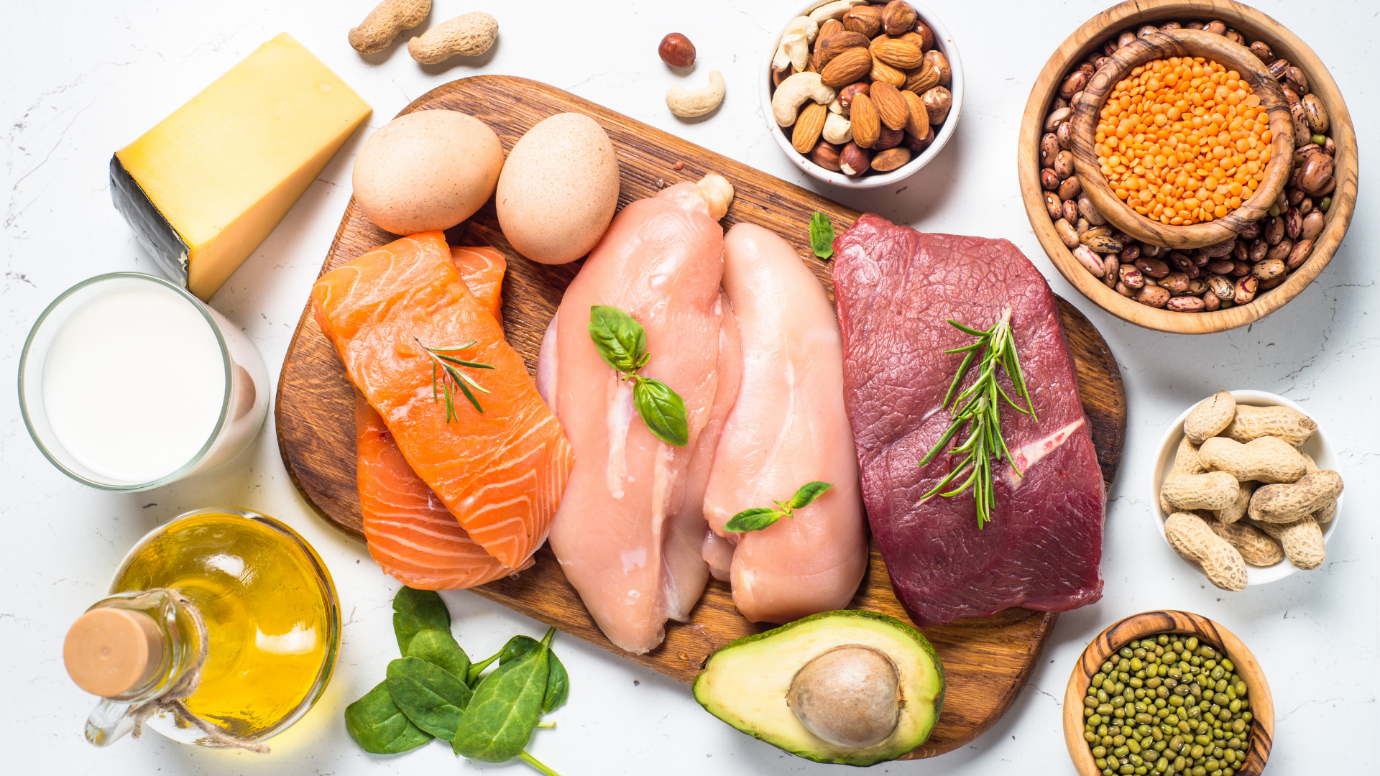
An important macronutrient, protein is crucial for building and repairing tissue.
Unlike plant-based proteins, which may be missing one or two amino acids and so not considered complete, those sourced from animals have all that the body needs.
Complete protein can still be obtained by vegetarians and vegans from soy products or by combining legumes and grains.
Fasting can help with quick weight loss

Fasting is trending because of its presumed weight-management perks, but it’s an unhealthy strategy if you overeat afterward.
Plus, fasting tends to shrink muscle mass rather than fat stores– so maybe skip the restrictive plans and instead just avoid empty calories with a more nourishing menu.
Meat is essential to complete your protein requirement
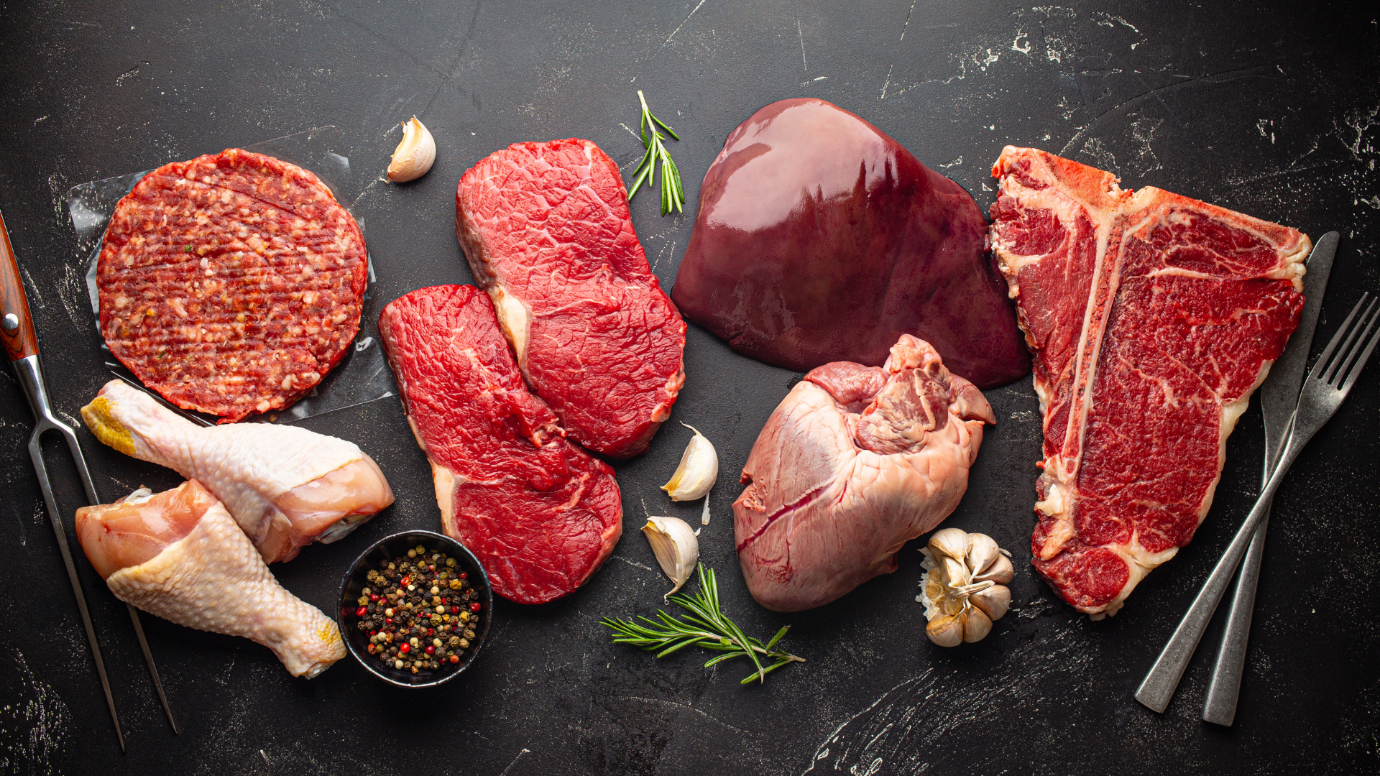
A lot of individuals think they need to eat meat to get all the protein their body requires.
However, it’s not actually true— there are also plenty of plant-based foods that provide every single one of those amino acids!
People who don’t want animal products have many choices: lentils and beans (e.g., chickpeas), nuts + seeds; grains such as quinoa or fortified whole-grain breakfast cereals like bran flakes.
You shouldn’t eat anything after 7 p.m.

Many people believe eating late at night causes you to gain weight or stops you from losing it.
But when we eat shouldn’t just depend on what time it is. It’s more important to think about why we’re eating– because we’re hungry, out of habit, bored or craving something.
Instead of letting the clock decide, pay attention to your body and choose foods for nourishment!
Stop using the salt shaker to reduce sodium intake

The solution to reducing sodium intake, according to many, is getting rid of the salt shaker.
Nevertheless, research indicates that Americans take in as much as 3,400 mg sodium on average which is far beyond the 2,300 mg recommended daily allowance by dietary guidelines.
What really causes this? It is because of taking foods in restaurants and those that are processed. To improve on your sodium intake, go for home cooked food!
The Bottom Line
To conclude, it is crucial to keep in mind that all you read regarding diets and nutrition isn’t accurate.
Due to the continuous arrival of both fad diets as well as restrictive rules about what to eat, it’s tough to know for sure what is real and what isn’t.
But thanks to scientific investigation, a lot of myths concerning diet and nutrition have been busted!
The next time you encounter a fresh “diet rule,” be sure to ask yourself if it’s legit and continue making your health and well-being top priority.
Keep in mind: When it comes to eating well, the goal is not to follow rigid rules but instead find equilibrium while fuelling up with good-for-you whole foods. Cheers to debunking diet myths— for good!

